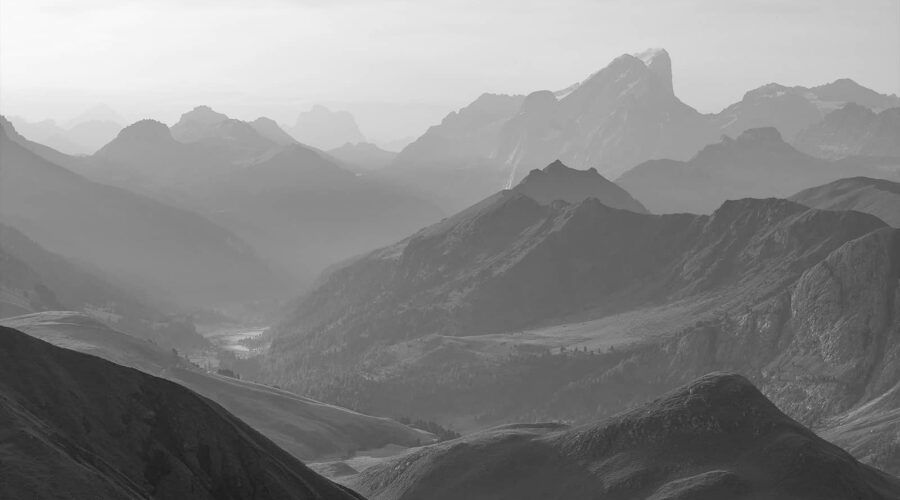First Nations’ Lands: Understanding Aboriginal Reserves in Canada
First Nations’ lands, often referred to as Aboriginal reserves, are sacrosanct territories that embody the heritage, culture, and identity of Indigenous peoples in Canada. These reserves serve as a physical manifestation of sovereignty and connection to ancestral lands, offering both a retreat into tradition and a path toward revitalization in contemporary society.
Uncovering The Tapestry Of Indigenous Lands: A Guide To Understanding

This map presents an intricate overview of Indigenous territories across Canada, showcasing the diverse landscapes and cultures that flourish within these regions. Each area is imbued with the stories of its people, their struggles, and triumphs, revealing a historical tapestry richer than most recognize. Understanding these lands involves delving into the environmental, spiritual, and social dimensions that define the Indigenous experience.
Ontario First Nations Map | Ontario.ca

The province of Ontario boasts a plethora of First Nations reserves, each serving as a bastion of culture and tradition. This detailed map delineates the locations of reserves while hinting at the unique lifestyles and governance structures that differ from one nation to another. Such maps are vital not only for navigation but also for fostering a greater appreciation for the rich cultural mosaic that Indigenous communities contribute to the province.
Beyond The Stereotypes: Understanding Life On Canada’s First Nations

The daily realities of life on First Nations reserves are often misrepresented in mainstream narratives. This image captures the essence of community bonding and shared heritage, showcasing events that highlight Indigenous artistry and traditions. The vibrancy of life on the reserve—marked by festivals, gatherings, and the passage of knowledge across generations—emphasizes the resilience and adaptability of First Nations peoples.
Canada’s Indigenous People First Nations Aboriginal I

The multifaceted identity of Indigenous peoples is encapsulated in this engaging visual. It reflects the amalgamation of history, contemporary living, and aspirations for the future. The evolution of governance, economic development, and cultural preservation illustrates the dynamic nature of First Nations communities, which continue to navigate the complexities of modernity while remaining anchored in tradition.

